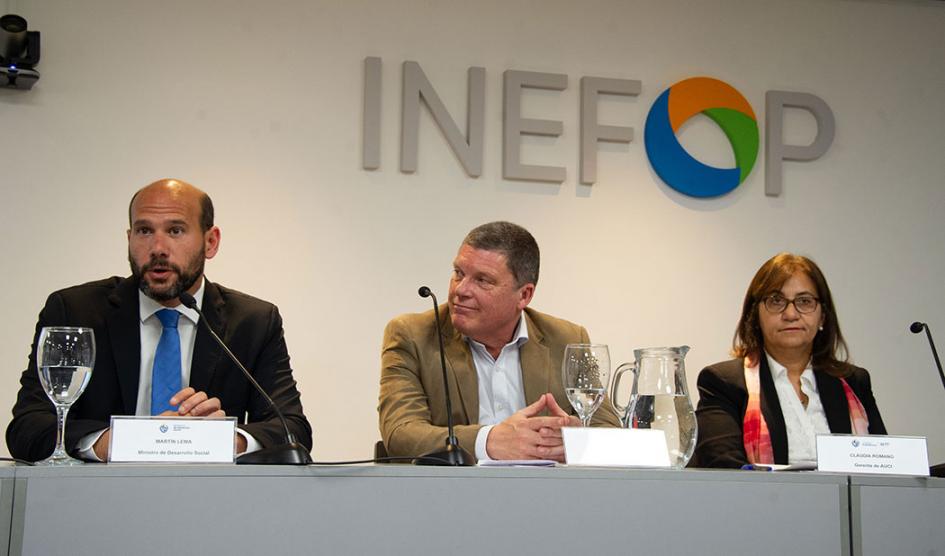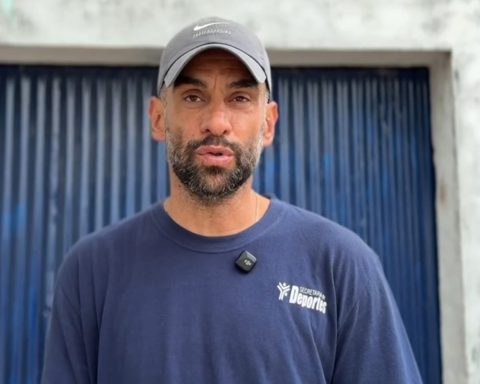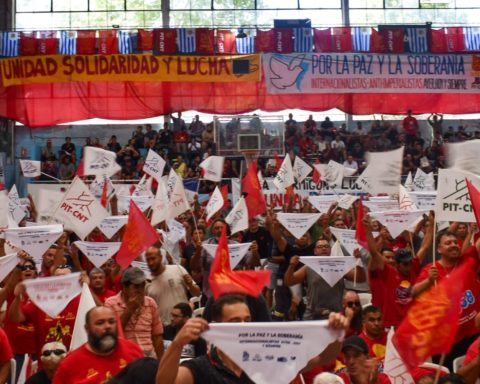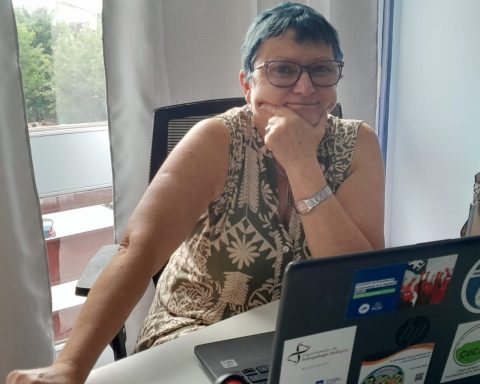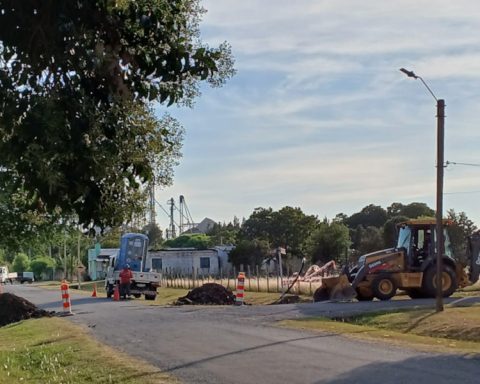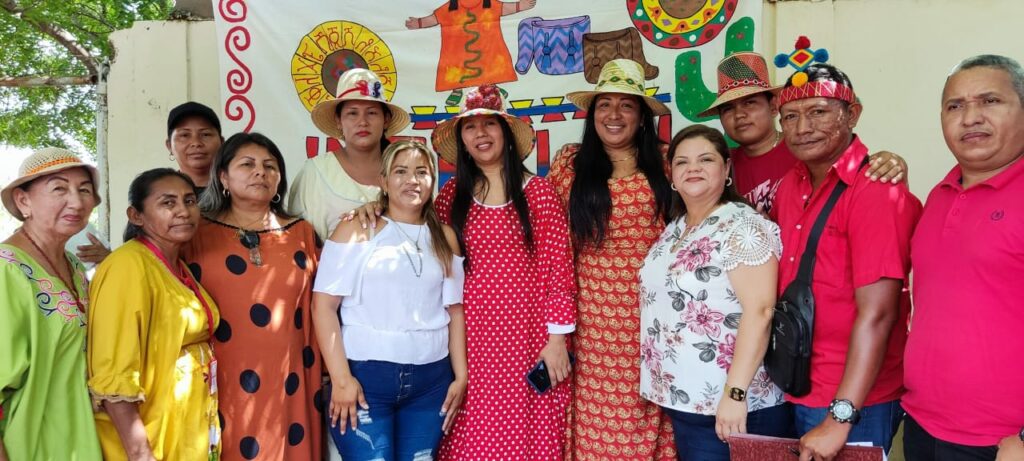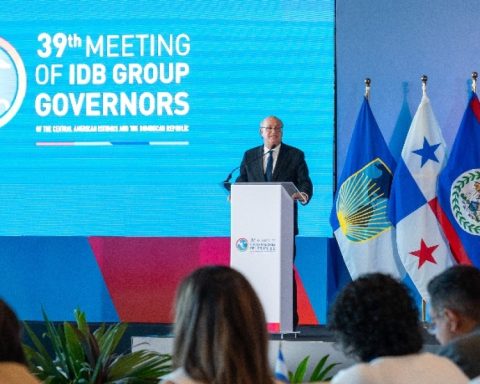The Ministry of Social Development (Mides) and the National Institute of Employment and Vocational Training (Inefop) signed an agreement this Wednesday the 26th so that 100 people from Rivera, of Afro-descendant origin, have access to job training. The agreement is part of the National Plan for Racial Equity and Afro-descendants, and will be financed by Inefop and the Spanish Agency for International Cooperation for Development.
The objective of the measure is that the Division for the Promotion of Public Policies for Afro-descendants, of Mides, and Inefop cooperate to generate professional training and labor inclusion actions for Afro-descendants.
The initiative is supported by the Spanish Agency for International Development Cooperation (AECID), which will contribute 14,000 euros, and the Uruguayan Agency for International Cooperation (AUCI). Inefop, meanwhile, will invest one million pesos, said the director of Inefop, Pablo Darscht.
In his speech, the Minister of Social Development, Martín Lema, recognized the work of the teams of the participating institutions so that the articulation is possible. Regarding the choice of department, the minister said that it is where most of the country’s Afro-descendant population resides.
Darscht announced that priority will be given to people in a situation of social and economic vulnerability or who have a disability. The training will reach 100 Afro-descendants of Rivera. He maintained that emphasis will be placed on practical training and job support. The courses offered are Introduction to Hydraulics and Pneumatics, Basic Electricity and Training in Software Testing.
This initiative is consistent with the provisions of Law No. 19,122, of August 21, 2013, regarding human rights and the recognition and incorporation of lifelong learning.
In addition, it seeks to provide quality training in services aimed at industry and technology, integrate soft skills for the employability of the participants and offer them tutorials. Emphasis will also be placed on the recognition of rights and the exercise of citizenship.
Likewise, the promotion of alliances with the private sector and the academy is proposed as a priority, in search of new practices of inclusion for the entire society and, especially, the Afro-descendant population of the country.
